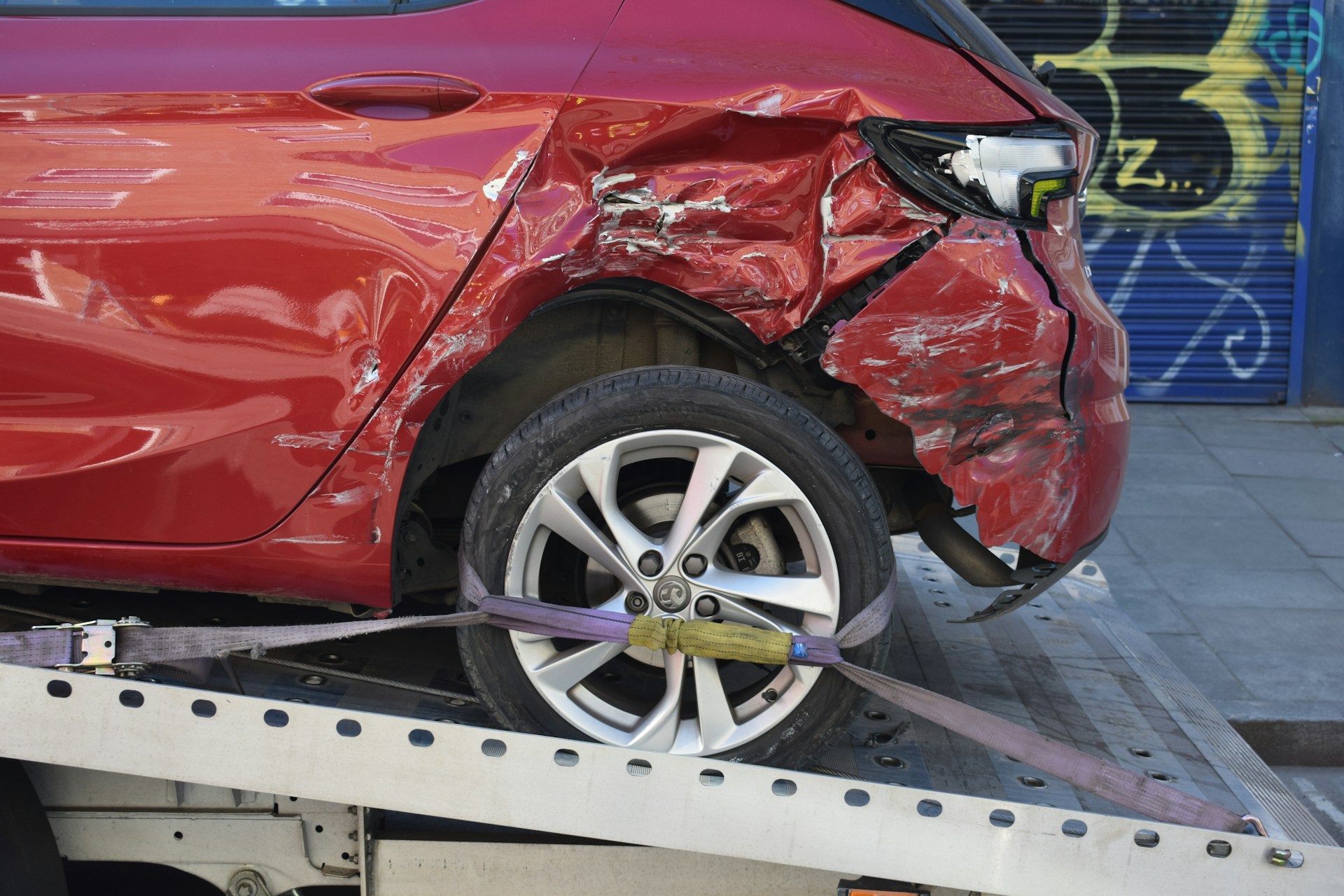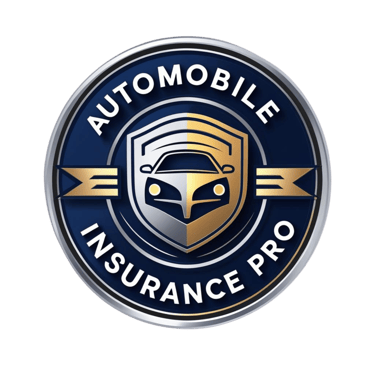
Understanding Florida Insurance Law: Navigating Property Damage When Not at Fault
9/15/20252 min read


Introduction to Florida Insurance Law
In the intricate world of automobile insurance, understanding how Florida insurance law operates is crucial, especially when dealing with property damage resulting from an accident in which you are not at fault. The legal framework in Florida mandates specific actions and compensation processes to ensure that affected parties receive the necessary support.
Steps to Take After an Accident
If you find yourself in an accident where you are not at fault, your first step should always be to assess the situation for injuries and safety. Once assured of safety, documenting the incident is paramount. This includes taking photos of the damage, exchanging information with the other party, and filing a police report if applicable. Traffic crash reports are available through the State of Florida. Afterward, notifying your insurance company is necessary to initiate claims processing.
Compensation Process and Factors Influencing Payment
In Florida, under the no-fault insurance system, compensation for property damage is generally managed through the at-fault party’s insurance. If you have incurred damages to your vehicle, you will pursue a claim against their liability coverage. The reimbursement typically includes repair costs and other related expenses. However, the amount you receive can depend largely on several factors, including the assessed value of your vehicle, the extent of the damages, and your policy coverage.
When determining the compensation amount, insurance companies consider the value of the vehicle prior to the accident. This valuation plays a significant role in calculating how much you will be reimbursed for repairs or replacement services. Hence, keeping records of your vehicle's condition and any upgrades or enhancements over time can be beneficial when negotiating with the insurance adjuster.
Ultimately, understanding your rights under Florida insurance law when involved in an accident is fundamental. If you concerned about your rights, you can, and should, contact an attorney familiar with these claims to assist you in that process. If you are not at fault and sustain property damage, being informed about the claims process, the expected compensation, and the value of your vehicle can facilitate a smoother resolution and ensure that you receive the fair payment you deserve.
Auto Insurance Protection throughout the State of Florida.
info@AutomobileInsurance.Pro
Newsletter
Sign up for our newsletter and get notified about all new posted articles and blogs.
